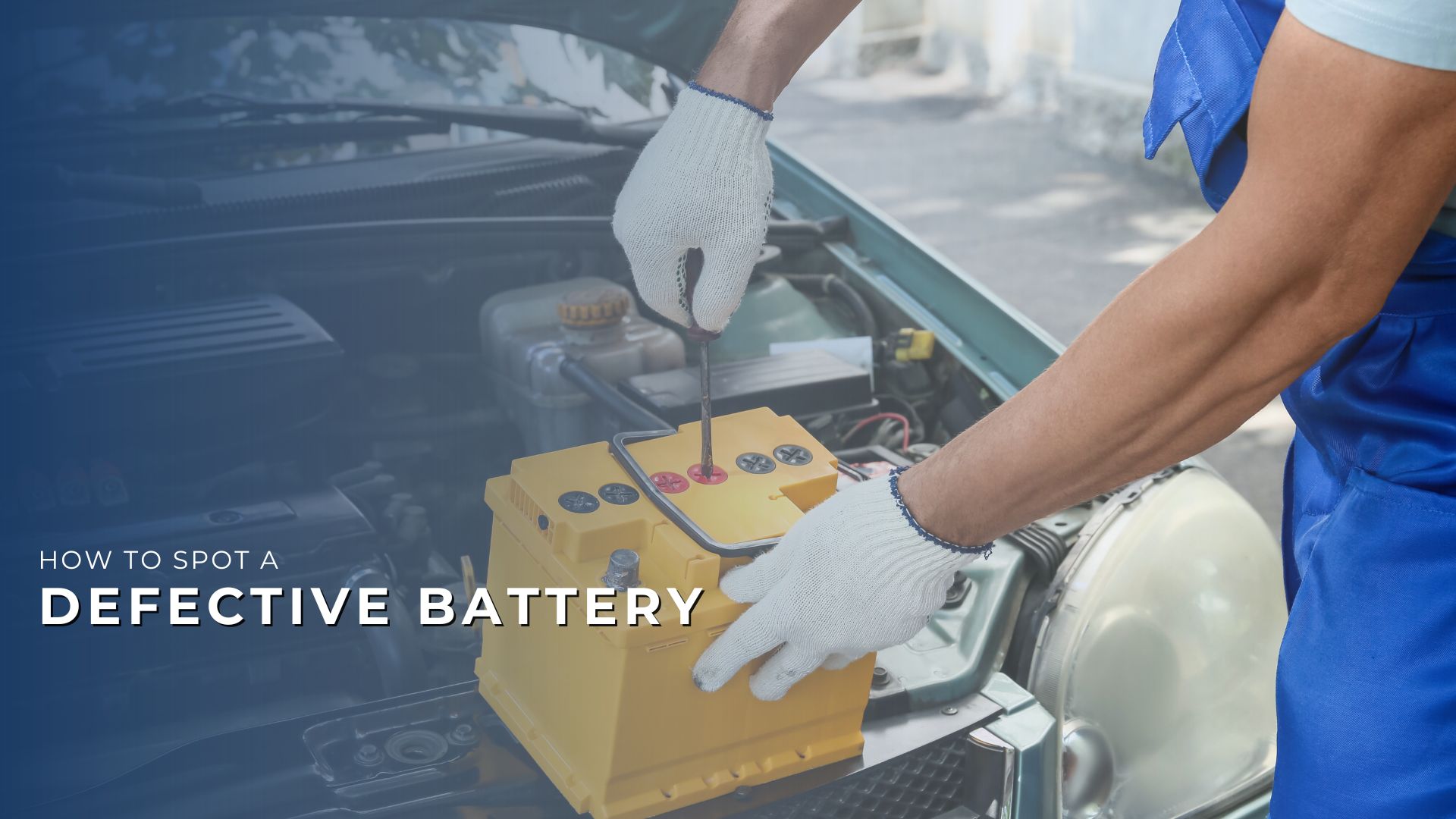How to Spot a Defective Battery

Batteries are used in a broad variety of consumer and commercial products ranging from household goods to power tools. Defective batteries can pose a significant risk to the users of items with defective batteries, and this risk results in significant injury. A substantial proportion of batteries that are in consumer products in the US are sourced from China or India, and if you are injured by one of these products, it is important to work with a legal team that understands the legal complexities of collecting compensation on your behalf from a multinational business.
Spotting a defective battery can be an effective means of preventing an accident or injury. However, after you have experienced an accident or injury, knowing how to identify a defective battery can mean the difference between you and your family having to pay the costs of your injury, or the manufacturer of the battery and their insurance company instead. A defective batteries lawyer from Clark Fountain can help you determine the best pathway forward to collect the compensation you deserve for the injuries you and your family experienced as a result of a defective battery.
Tips to Identify a Defective Battery
There are a variety of reasons that your battery might demonstrate that it is defective, including the following:
Visible Corrosion Around the Connectors or Leaking Out of the Battery Itself:
- Corrosion around the connectors is a tell-tale sign of a defective battery. It usually appears as a white or greenish substance and can cause poor conductivity, leading to reduced performance or failure of the battery. In more severe cases, corrosion can lead to short circuits, posing a risk of fire or explosion.
- Battery leakage is another serious concern. It often manifests as a sticky, oily, or crystalline substance on the battery casing. This leakage not only damages the battery but can also corrode and harm the device in which the battery is used. Battery acid leaks are hazardous and should be handled with care to avoid skin irritation or damage to surfaces.
A Warped Battery Case:
- Warping or swelling of the battery case often indicates internal damage or malfunction. This can occur due to overcharging, exposure to high temperatures, or internal faults within the battery. A swollen battery is at risk of bursting or leaking harmful chemicals and should be replaced immediately.
- In devices where the battery is not easily visible, signs of a warped battery may include difficulty closing the battery compartment or the device casing bulging in areas where the battery is located.
An Odd Smell or Odor Coming from the Battery:
- A defective battery may emit unusual smells, such as a burning or chemical odor. This can be a sign of internal short-circuiting or chemical leakage.
- The smell may be faint at first and become more noticeable over time. It is essential to take these odors seriously as they can indicate a potentially dangerous situation.
Electrical and Performance Issues in the Object It Is Meant to Be Powering:
- Devices powered by a defective battery may exhibit erratic behavior, such as sudden shutdowns, inability to hold a charge, or reduced performance.
- In some cases, the device may not respond to charging or may heat up excessively during use or charging, indicating an issue with the battery.
Failure to Start:
- A common symptom of a defective battery is the failure of the device to turn on or start. This can be due to the battery’s inability to hold a charge or a complete breakdown of its internal components.
- This symptom is especially evident in battery-dependent devices like power tools, where a healthy battery is essential for operation.
Frequent Jumps While Operating:
- Devices with defective batteries may experience frequent, unexplained interruptions or ‘jumps’ in operation. This can manifest as sudden power losses or fluctuations while using the device.
- Such inconsistencies can be attributed to the battery’s inability to provide a stable power supply, often a sign of degradation or internal damage.
While these tips are not comprehensive, they provide a basic list of things to look out for if you have been injured due to a defective battery or malfunctioning equipment because of one.
Connect with a Defective Batteries Lawyer for Help on Your Claim
To collect the compensation that you deserve for your injuries, you must do the following:
- Prove that another party was liable for the accident or other incident that caused your injuries
- Submit medical evidence demonstrating that the injuries have long-term and life-altering symptoms
- Incorporate this evidence into the filing that will be made with the at-fault party’s insurance company
- Successfully negotiate a fair and complete settlement with the insurance company, an appeal for a denial, or win at trial if a settlement cannot be reached
Working with an experienced personal injury attorney takes the stress of the entire process out of your hands, from scheduling appointments with medical and occupational experts to determining your damages, drafting and negotiating your claim. Reach out to Clark Fountain to schedule your initial risk-free, cost-free case review by giving us a call at 561-559-7845, or visit our site to book a consultation.

